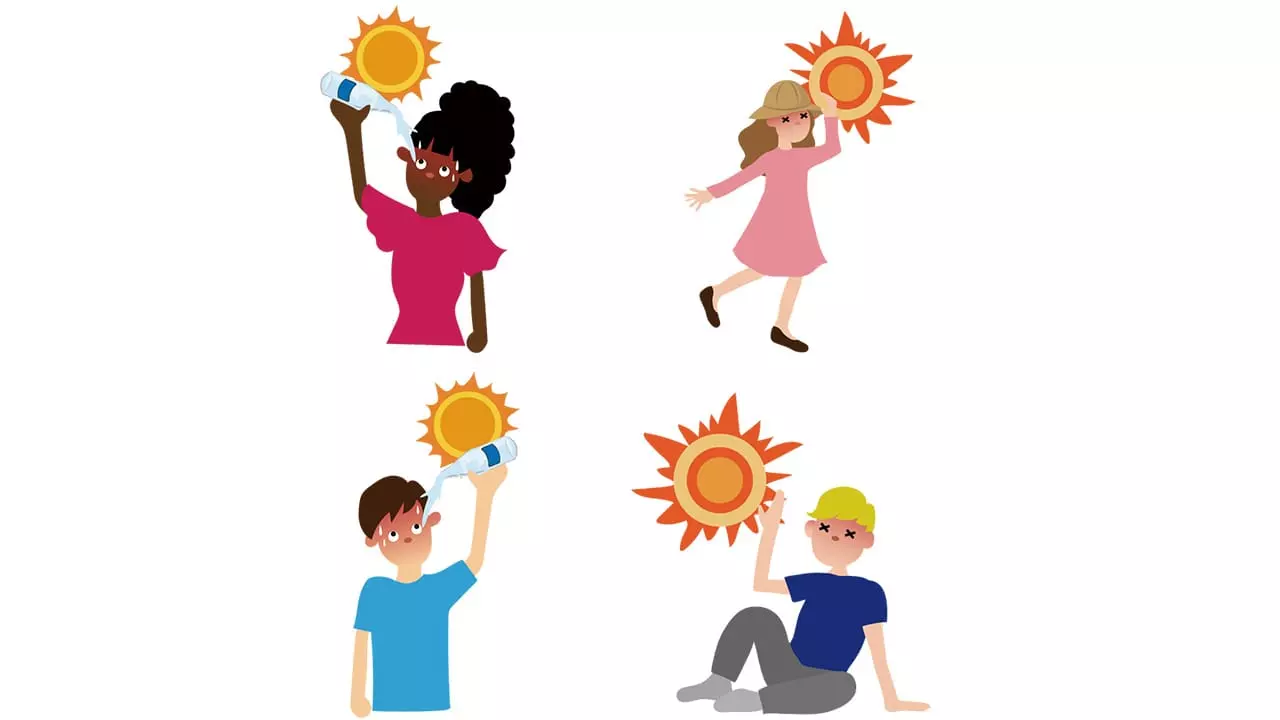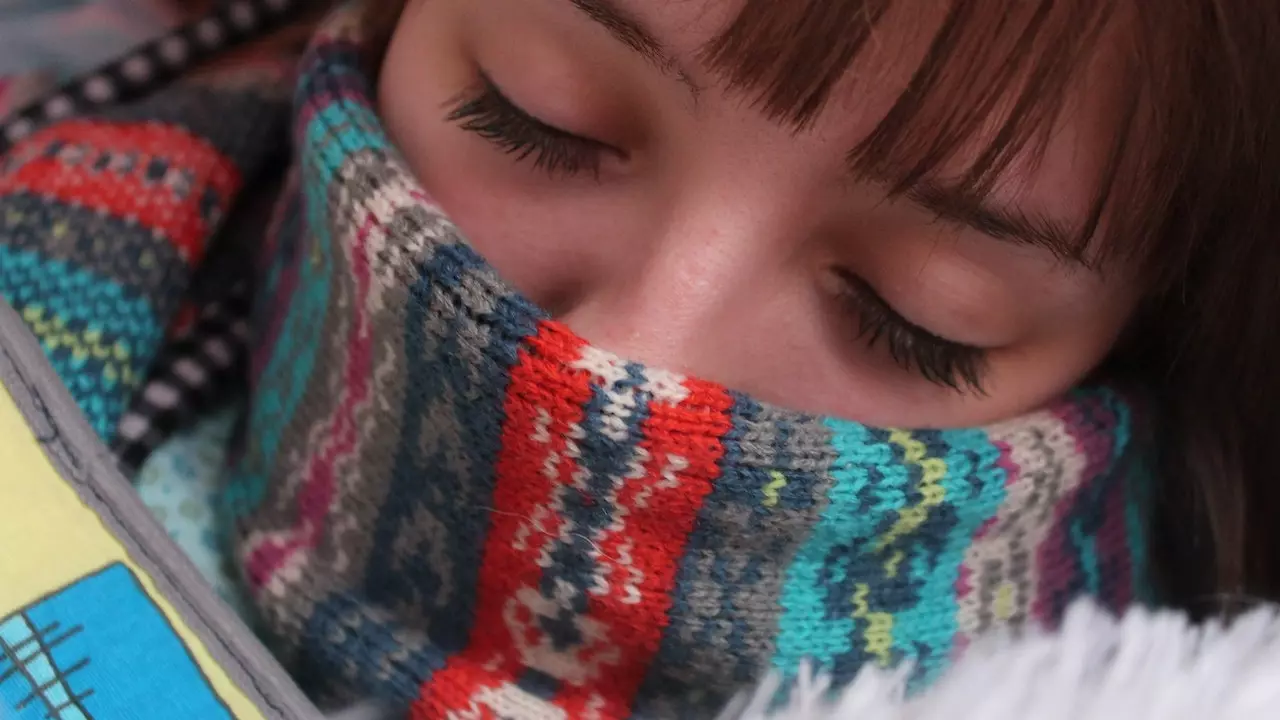Summer brings sunshine, warmth, and plenty of outdoor activities. However, it also comes with some summer diseases which thrive in the humidity and hot conditions. So it becomes too essential to understand these diseases so that you can implement proper strategies to prevent these summer diseases and enjoy your summers as a whole.

Read Also: Monsoon Wellness Guide: Why You Should Skip Street Food and Raw Vegetables for Better Health.
In this article, we have summarized the four most common summer diseases and how to prevent them. So read this article to the end to enjoy this summer with your loved ones more happily by enjoying your vacations.
Heatstroke and Dehydration: Symptoms, Causes, and Prevention Strategies

Heatstroke and Dehydration are common problems that disturb the daily routine during the summer. So it becomes necessary to understand their causes, symptoms, and prevention techniques to avoid these summer diseases.
Heatstroke

Symptoms of Heatstroke – Summer Diseases
- High body temperature (above 104°F or 40°C)
- Confusion or disorientation
- Nausea and vomiting
- Loss of consciousness
- Rapid heartbeat and breathing
- Headache and dizziness
Causes of Heatstroke
- Prolonged exposure to high temperatures
- Inadequate hydration
- Certain medications or medical conditions that affect heat regulation
- Physical exertion in hot environments
- Lack of acclimatization to the heat
Prevention Strategies for Heatstroke
- Stay hydrated by drinking plenty of water throughout the day.
- Wear lightweight, loose-fitting, and breathable clothing.
- Use sunscreen with a high SPF and seek shade when outdoors.
- Avoid prolonged exposure to the sun during peak hours i.e. 10:00 am to 04:00 pm.
- Take frequent breaks in shaded or air-conditioned areas.
Dehydration

Symptoms of Dehydration
- Increased thirst
- Dizziness or lightheadedness
- Dark-colored urine
- Dry mouth and throat
- Dry skin and lips
- Fatigue and weakness
Causes of Dehydration
- Insufficient fluid intake
- Diarrhea or vomiting
- Alcohol or caffeine consumption
- Excessive sweating
- Certain medications or medical conditions
Prevention Strategies for Dehydration
- Drink adequate water throughout the day, even if you don’t feel thirsty.
- Eat water-rich foods like fruits and vegetables.
- Monitor urine color as a hydration indicator (pale yellow is ideal).
- Avoid excessive consumption of alcohol and caffeine, as they can contribute to dehydration.
- Limit strenuous physical activity in hot weather.
Sunburn and Skin Damage

When our skin comes into exposure to ultraviolet rats if the sun then, prolonged exposure can lead to sunburn or skin damage. So you should need the necessary precautions to protect your skin from damage. Here’s what you need to know about this.
Risks of Sunburn and Skin Damage
- UV exposure leads to red, Painful, and inflamed skin.
- Prolonged sun exposure can result in fine lines, wrinkles, and age spots
- If your skin has been exposed to harmful UV rays for a long time, there are higher chances of skin cancer.
Causes of Sunburn and Skin Damage
- When you are in direct exposure to the sun between 10:00 am to 04:00 pm, it can lead to skin-related diseases.
- If you’re going outside in the sunlight but not having sufficient protection, such as sunscreen, sunglasses, hats, and protective clothing.
- Individuals with fair skin are more prone to summer diseases of sunburn and skin damage.
Prevention Strategies for Sunburn and Skin Damage
- Apply Sunscreen
- Use UV-Protective Accessories
- Drink plenty of water.
- Seek Shade
- Avoid prolonged Sun Exposure.
- Avoid Tanning Beds
Foodborne Illnesses

Eating contaminated food or beverages in the summer can also lead to foodborne types of summer diseases. So you need to maintain proper hygiene related to your food and use the following strategies.
Proper Food Storage
- You should keep perishable food refrigerated at proper temperatures i.e. below 40°F (4°C). It will help in preventing the growth of bacteria.
- When storing poultry, raw meat, and seafood then, you should store them separately from ready-to-eat foods to avoid any cross-contamination.
Thorough Cooking
- You should cook food at their recommended internal temperatures to kill the harmful bacteria, especially while cooking poultry, meats, and seafood.
- You should also use a food thermometer to ensure the food has been cooked properly at the recommended temperatures.
Clean and Sanitary Food Handling
- Wash your hand properly before and after cooking, especially when dealing with raw meats.
- Always clean the utensils, food preparation surfaces, and cutting boards regularly and also when going to cook another food to avoid any cross-contamination.
- And avoid using the same cutting board for the cooked and raw foods.
Safe Food Sourcing
- While going to buy food, always go for reputable brands and stores and also check for their proper storage and handling practices,
- Be cautious with undercooked or raw foods, such as raw unpasteurized dairy products, eggs, and sprouts.
So these are some strategies you should engage in this season to avoid any summer diseases, stay healthy and safe, and enjoy the summer with your family.
To get more of our exclusive content on Health Care and Lifestyle. Follow us on YouTube and Instagram.





